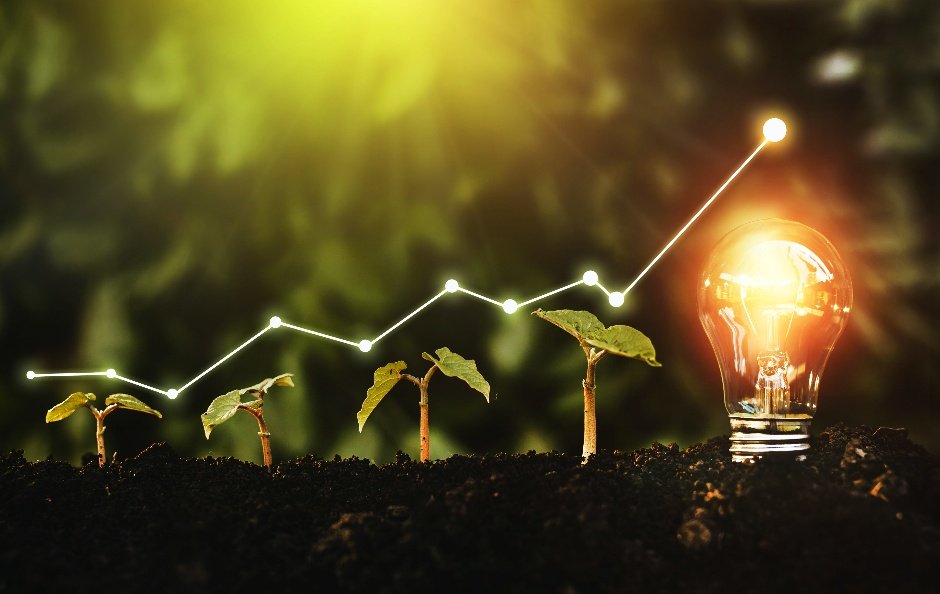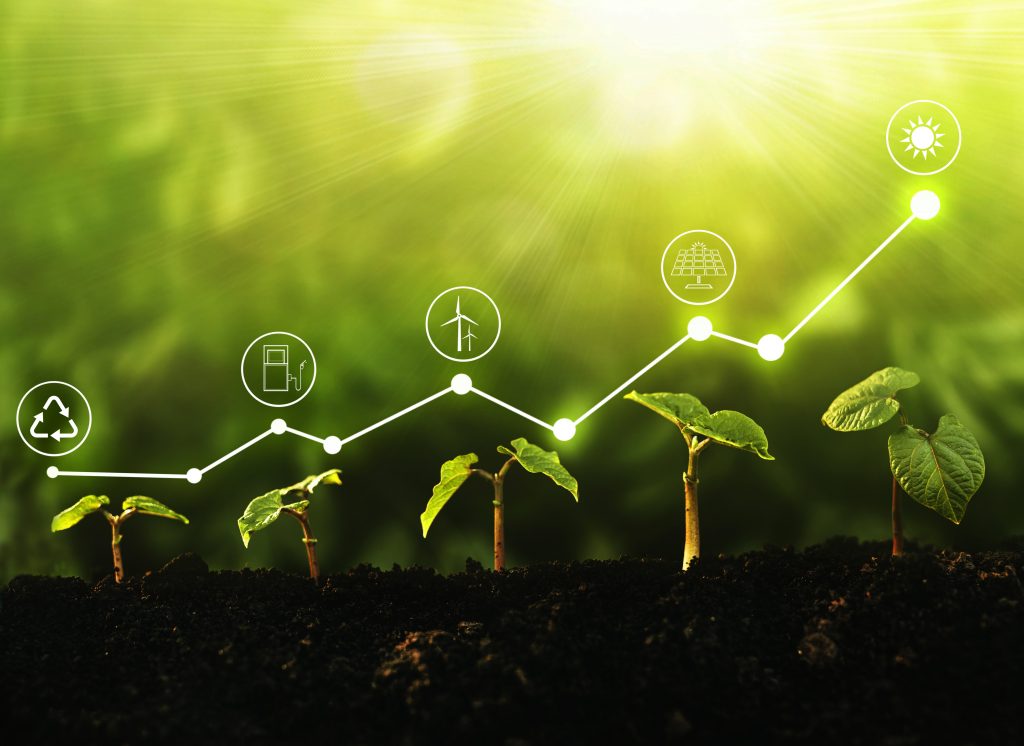
Since its inception, the term “sustainability” has undergone various refinements, with the most recent iteration emphasising the evolution of political and social strategies in order to give a prototype system in the three core areas of socioeconomic, social, and sustainability.
Many of us are familiar with the phrase “sustainable,” and we associate it with environmental concerns or recycling. This principle, on the other hand, can be applied to a wide range of situations, including the business and personal relationships. folks.
This Word Has A Wide Variety Of Meanings, Including:
However, the term “sustainability” does not appear in the dictionary of the Royal Spanish Academy at this time (RAE). In this context, human action in respect to the environment is referred to as environmental action.
As stated by the Bruntland Report of 1987, a United Nations decision, the word refers to “the order necessary to meet the requirements of today’s human generation.” This does not imply that future generations will not be able to meet their own demands in the same way.
Economic and ecological contexts are both used to define the characteristic of sustainability, which can be found in a variety of contexts.
It is considered sustainable when a biological or ecological system can retain its diversity and profitability over the course of time.
The ability of the present approach to meet their current requirements without endangering future generations is generally understood to be the definition of sustainable development in this context.

When the word “sustainable development” is used in two separate settings, it means two different things:
Environmental and social sustainability are combined in this approach, which is intended to ensure that human needs are addressed while also safeguarding the ecological integrity that will assure the survival of future generations in the long run.
Local governments in underdeveloped areas must continue to enhance their own quality of life after an initial period of foreign assistance has ended. This process is referred to as “sustainable development” in this context.
Sustainably intelligent societies are those that are capable of exploiting their natural resources without depleting or exhausting their replenishment capacity, and without jeopardising the ability of future generations to benefit from their use. Given our improved understanding of sustainability, it is critical that we incorporate the notion into our daily lives since doing so will allow us to experience a higher standard of life on multiple levels, including the personal, business, and environmental.
The Following Are The Characteristics Of Long-Term Viability:
- When it comes to maintaining the following features in a system, long-term sustainability is a goal.
- Make an effort to discover a way for corporate investment to contribute to the continuing improvement of the ecological system.
- Everyone, not just the wealthy, should reap the benefits of economic activity; yet, this should not be limited to a chosen few.
- It also aspires to make the most of existing resources in the most effective manner.
- Another alternative is to encourage people to recycle and reuse as much as they can in their daily lives.
- Put forward the idea of employing ecologically beneficial technologies.
- Restore the balance of ecosystems.
- In order to achieve regional self-sufficiency, it is necessary to promote it.
- It is essential for human well-being to have a positive interaction with nature.